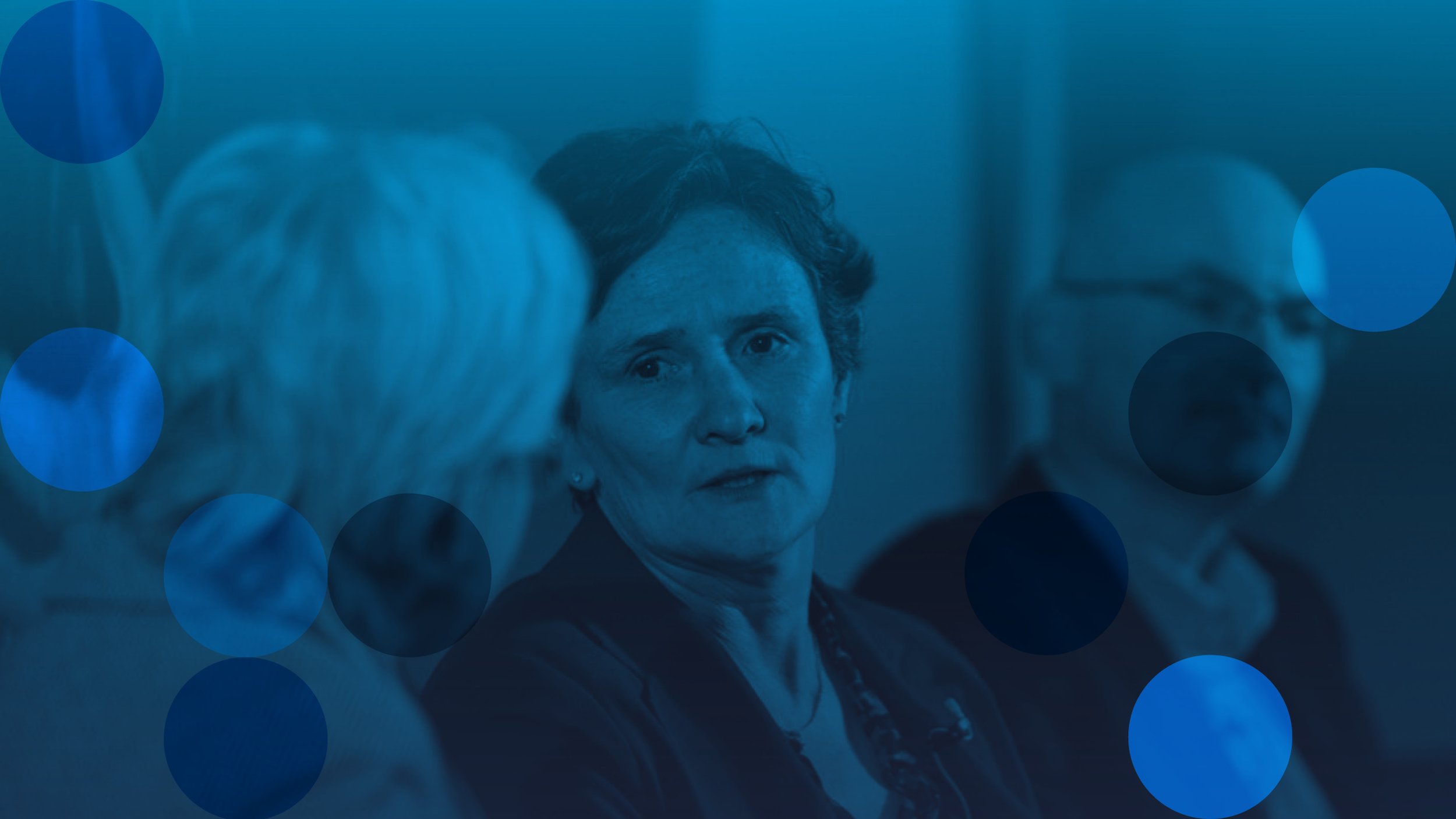
A public event series on topical policy issues
Targeted at policy makers, thought leaders and leading practitioners.

TENU HOSTSSharing Perspectives
TenU Hosts is a virtual event series that convenes global experts from our international network to explore topical policy issues. Our TenU Hosts discussions over the years have demonstrated the value of highlighting perspectives from a variety of ecosystems to generate discussion and debate.
Staying Ahead
The virtual format has enabled us to be agile in responding to emerging policy debates. For example, in the context of the COVID pandemic, TenU Hosts led discussions about the role of university innovation in driving economic recovery. We have brought together diverse panels to address some of the challenges faced by the sector, such as building teams with the right mix of backgrounds, skills and experience to support commercialisation.
Driving Change
More recently TenU Hosts has responded to the UK political context with a discussion to spotlight the potential of well-funded early-stage funding mechanisms to create a pipeline of impactful, high-growth potential companies. Upcoming discussions will continue to showcase topics of interest for policy makers in the international university innovation sector. By providing a platform for global thought leadership, TenU Hosts ensures that the whole sector can learn from those at the vanguard of university innovation
Latest TenU HostsTenU Hosts: Entrepreneurial Mindset
Date: 17 SepTIME:13:00-14:00 bstIn the recently launched Industrial Strategy, the UK Government made a commitment to place entrepreneurship and innovation at the heart of the UK's economic renewal. This emphasis is echoed globally, with governments around the world placing greater focus on the potential for university innovation to support positive social and economic outcomes. However, in many institutions, a ‘publish or perish’ culture still prevails, and research commercialisation is not always prioritised.
TenU asked a panel of experts what else can universities do to encourage an entrepreneurial mindset? Drawing on global best practice, the discussion considered which conditions are most likely to promote entrepreneurship in universities.
-
TenU member Catherine Headley, CEO, Manchester Innovation Factory.
-
Paul Cheek, Senior Lecturer, MIT Sloan School of Management & Senior Advisor and Former Executive Director, Martin Trust Center for MIT Entrepreneurship
Kirsty Collinge, Head of Research Strategy, University of Edinburgh
Koenraad Debackere, Professor of Economics and Management of Technology and Innovation at KU Leuven.
Linda Koschier, Head of Entrepreneurship, UNSW Sydney’s Faculty of Engineering.
Previous TenU Hosts

Speak to Us
Please do get in touch if you want to know more about the work of TenU.










